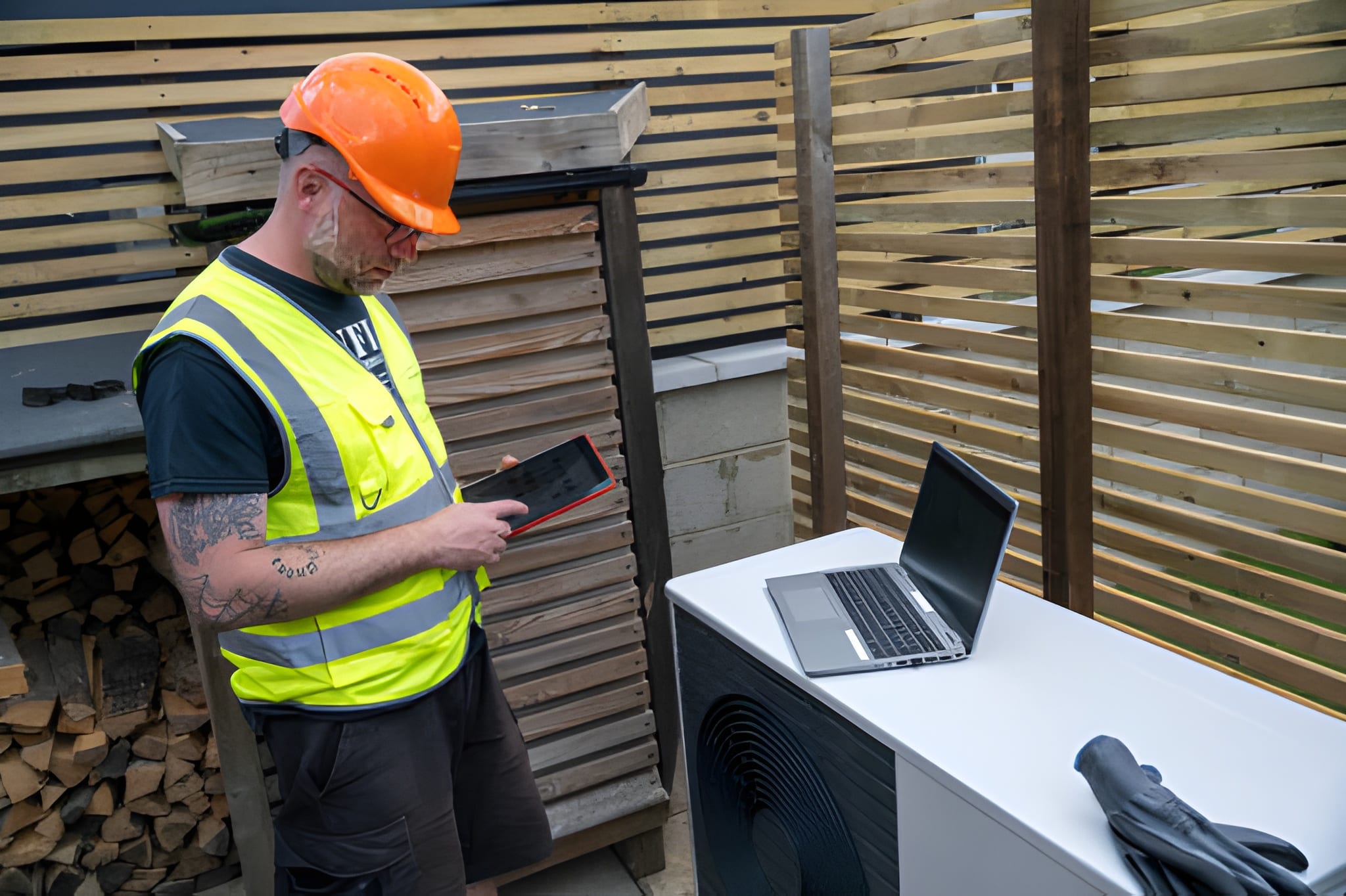Heat Pump Service in Mill Creek, WA
Heat Pump Service in Mill Creek, WA
Heat pumps are the go-to heating and cooling choice for many Mill Creek homes because they deliver efficient year-round comfort in the Pacific Northwest climate. Whether you need installation, repair, replacement, preventive maintenance, or emergency help, professional heat pump service keeps your system reliable, efficient, and safe.
Why heat pumps make sense in Mill Creek
Mill Creek experiences mild, wet winters and moderate summers. Air-source and ductless mini-split heat pumps perform well in this climate, offering efficient heating without the combustion risks of gas furnaces. Benefits for local homeowners include:
- Lower energy use compared with electric resistance heating during shoulder seasons
- Year-round heating and cooling in one system
- Better humidity management and improved indoor comfort
- Compatibility with home electrification goals and local incentives
Common heat pump issues in Mill Creek homes
Homeowners commonly call for service when systems show these symptoms:
- Reduced heating or cooling capacity
- System short-cycling or frequent on/off cycles
- Unusual noises from indoor or outdoor units
- Frozen outdoor coil or persistent defrost problems
- Warm air during heating mode or cold air during cooling mode
- Leaking refrigerant or low system pressures
- Electrical failures: tripped breakers, faulty contactors, control board faults
- Poor airflow from vents due to clogged filters or duct issues
Many of these problems are accentuated by seasonal changes, coastal humidity, or clogged filters from local pollen and indoor air contaminants.
Diagnostic process: what a professional will check
A thorough diagnostic follows a step-by-step process to identify root causes rather than treating symptoms:
- System history and homeowner interview about how and when issues started
- Visual inspection of outdoor condenser and indoor air handler
- Electrical safety checks: voltage, contactor operation, and circuit integrity
- Refrigerant pressure checks and leak detection when pressures are abnormal
- Airflow measurement and inspection of filters, coils, and ducts
- Thermostat and control verification, including setpoint and wiring checks
- Defrost cycle and reversing valve testing for heat mode problems
- This structured approach reduces repeat visits and ensures repairs address underlying faults.
Repair vs replacement: decision factors
When evaluating repair or replacement, consider:
- Age of the heat pump: systems older than 12 to 15 years often justify replacement
- Frequency and cost of repairs: recurring expensive repairs indicate replacement value
- Efficiency and performance gap: newer units offer higher HSPF/SEER ratings and improved cold-climate performance
- Refrigerant considerations: older systems using phased-out refrigerants may face parts scarcity
- Home comfort needs and planned energy upgrades
- A reputable service will provide a clear, itemized assessment including expected lifespan after repair, projected efficiency improvements with replacement, and options for ducted and ductless systems.
Installation and replacement best practices
Proper installation is critical for long-term performance:
- Manual J load calculation to size the system correctly for Mill Creek homes
- Correct refrigerant charge and calibrated airflow for optimal efficiency
- Proper placement and mounting of outdoor units to avoid standing water and debris
- Insulated, correctly routed line sets and properly sealed ducts
- Commissioning tests including temperature split, amperage draw, and defrost operation
- Follow-up commissioning and callbacks ensure the system meets manufacturer specifications and local code requirements.
Preventive maintenance that extends life and efficiency
Routine maintenance dramatically reduces emergency repairs and keeps warranties intact:
- Bi-annual or annual tune-ups depending on system type and usage
- Clean or replace filters regularly; clean coils and drain pans
- Verify refrigerant charge and inspect for leaks
- Test electrical components, safety controls, and reversing valve operation
- Inspect outdoor unit for debris, vegetation, or ice buildup
Service agreements typically schedule seasonal inspections and provide priority scheduling for breakdowns, consistent record keeping, and parts labor coverage options.
Emergency service options and winter readiness
Mill Creek homeowners can face heat pump emergencies during cold snaps or heavy rain. Emergency service protocols include:
- 24/7 diagnostic availability for no-heat situations or safety concerns
- Temporary solutions to restore heat such as auxiliary heat staging or safe bypasses
- Safe handling of electrical or refrigerant hazards during urgent repairs
- Emergency response aims to stabilize the system and schedule permanent repairs promptly to minimize downtime.
Technician qualifications, licensing, and warranty support
Expect technicians servicing heat pumps to hold:
- Washington state contractor or HVAC licenses and local permitting knowledge
- EPA 608 refrigerant handling certification
- NATE or manufacturer-specific certifications for installation and service
Bonded and insured credentials for homeowner protectionManufacturer partnerships enable factory-authorized service and genuine replacement parts. Common brands supported include Mitsubishi (including Diamond Dealer level partnerships), Daikin, American Standard, Coleman, Navien, Midea, and other mainstream manufacturers. Factory-backed parts and certified installers help preserve manufacturer warranties.
Service agreements and long-term value
Service agreements offer predictable maintenance, priority service, and often eligibility to keep warranty coverage intact. Typical elements include:
- Scheduled fall and spring inspections for heat pumps
- Filter change reminders and routine cleaning
- Diagnostic fee handling and discounted service rates
- Documentation required for warranty claims
For Mill Creek homes, regular maintenance can optimize performance through wet winters and maintain efficiency during seasonal transitions.
Seasonal tips for Mill Creek homeowners
- Prepare in fall: check defrost operation, inspect outdoor unit location, and clear debris before the rainy season.
- Keep filters clean year-round to protect the air handler and coils from local pollen and indoor particulates.
- Observe unusual noise or higher energy bills and schedule diagnostics before conditions worsen.
- Consider ductless mini-splits for additions, older homes without ductwork, or targeted zoning for energy savings.
Maintaining a heat pump tailored for Mill Creek conditions ensures efficient comfort, reliable operation, and lower operating costs over the system life. Trustworthy service blends careful diagnostics, qualified technicians, manufacturer support, and preventative care to keep your home comfortable throughout the year.

Customer Testimonials
Service Areas



